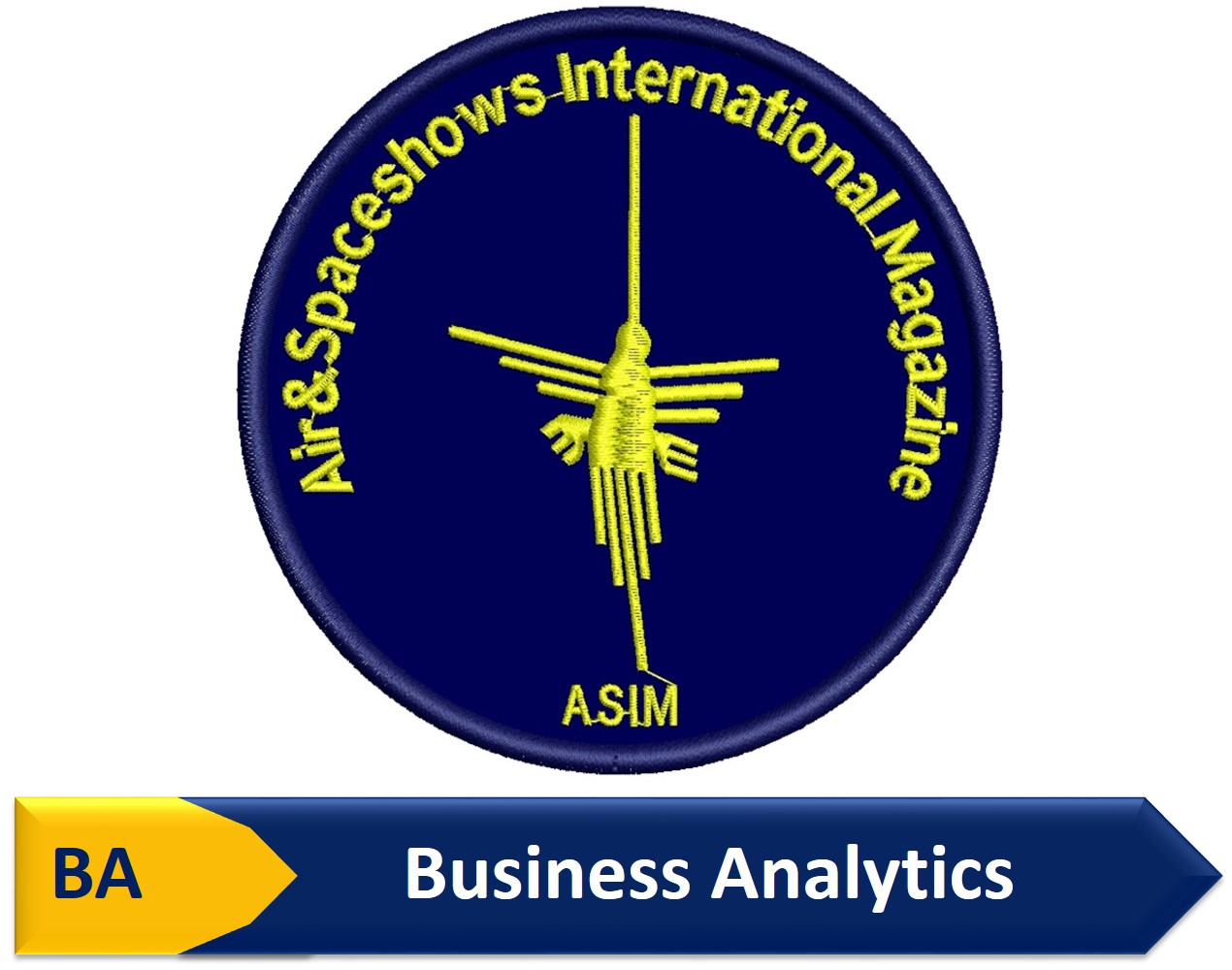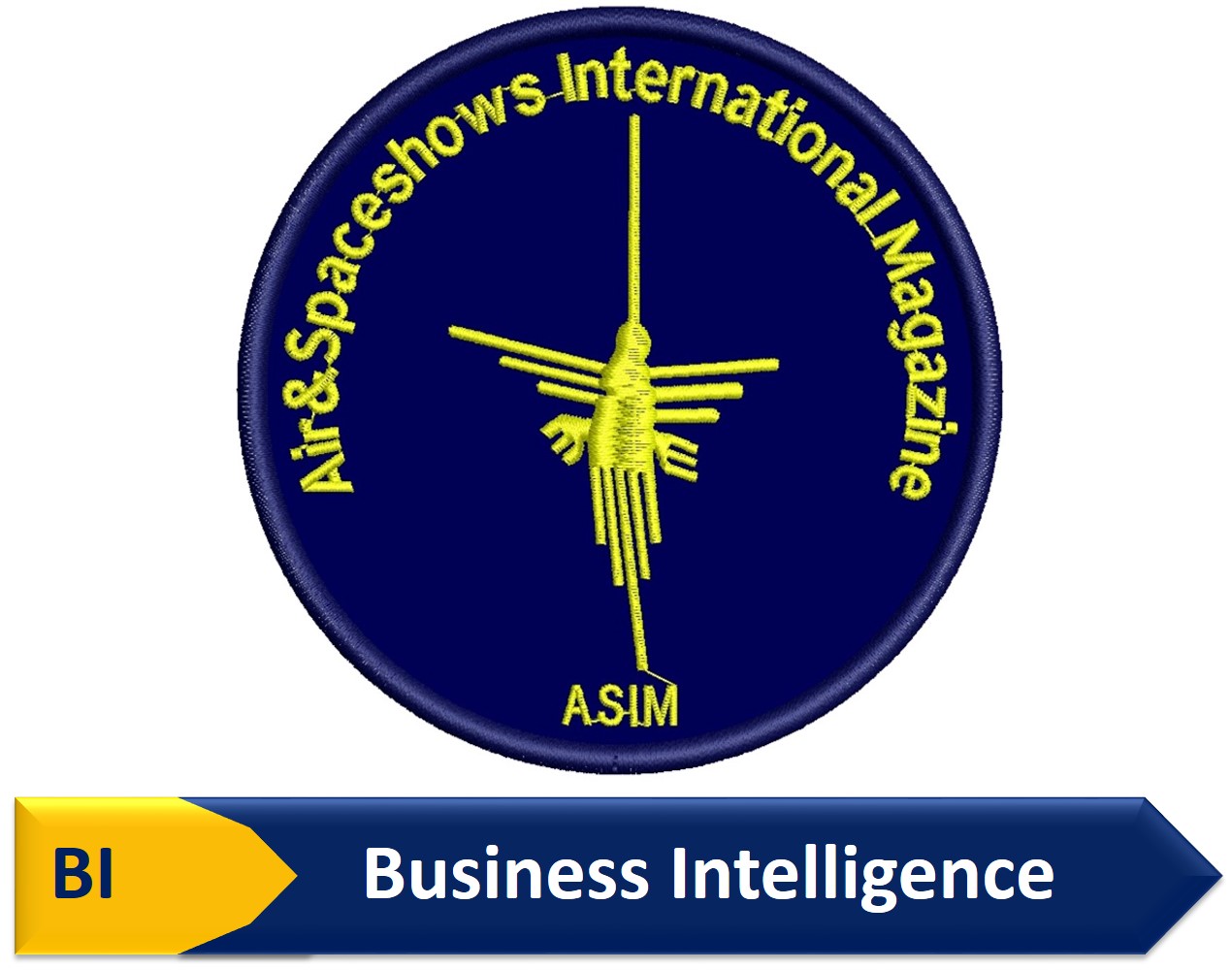Aerospace Industry Analysis
Aerospace industry analysis (Business Analytics & Business Intelligence) involves a deep dive into the various components and dynamics of this complex sector. It encompasses the examination of factors such as market trends, technological advancements, regulatory frameworks, and competitive landscapes. By conducting a comprehensive analysis, stakeholders can gain valuable insights into the industry’s current state, identify potential growth opportunities, and assess the overall health and sustainability of aerospace businesses. For this analysis is very important focus our attention on the commercial, industrial and social importance of Air&Spaceshows in the world.
Key areas of focus in aerospace industry analysis include:
Technological advancements: Evaluating the impact of emerging technologies on the industry, such as electric propulsion, advanced materials, and autonomous systems.
Market segmentation: Analyzing the industry based on factors like aircraft type, product/service, and geographic region.
Competitive landscape: Assessing the competitive intensity, market share of key players, and their strategic positioning.
Supply chain analysis: Evaluating the efficiency and resilience of the supply chain, including sourcing of raw materials and components.
Financial performance: Assessing the financial health of aerospace companies through key performance indicators (KPIs) such as revenue, profitability, and cash flow.
Business analytics, however, prioritizes predictive analytic, which uses data, modeling, and machine learning to determine the likelihood of certain outcomes occurring in the future. BA answers “why” questions so that more informed predictions can be made about what will happen. With business analytics, you can anticipate developments and make the necessary changes to ensure success, regarding industry aerospace.

Business intelligence (BI) is the process of collecting, storing, and analyzing business operations data. BI delivers comprehensive business metrics, in near real-time, to improve decision making. With better business intelligence, you can create performance benchmarks, spot market trends, increase compliance, and improve nearly every aspect of your business, in this case, regarding industry aerospace.

